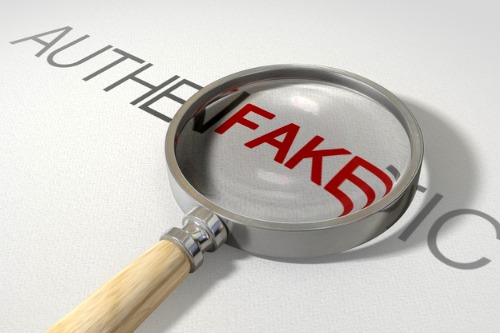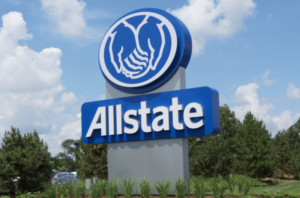54% of young people in Ireland have been tempted to buy fake insurance online

Irish insurance providers set to use email address intelligence in the fight against fraud
A new survey of insurance customers in the Republic of Ireland has highlighted the risks facing young people in the region who are being targeted by ghost brokers selling fake insurance policies. The study by LexisNexis® Risk Solutions, a leading data, advanced analytics and technology provider for insurance, found that:
54% of 17–34-year-olds have been targeted and tempted by an advert for fake insurance on social mediaMore than 1 in 10 (16%) of the youngest people surveyed, aged 17-24, has bought insurance through one of these adverts71% of 17–34-year-olds are worried their identity could be compromised for insurance fraud such as ghost broking92% of 17–34-year-olds expect insurance providers to check they are who they say they are when applying for insuranceOnly 24% of the people surveyed actually know what a ghost broker is
In response to the growing problem of insurance application fraud and ghost broking, LexisNexis Risk Solutions has launched LexisNexis® Emailage® Rapid for the Irish insurance market.
Emailage Rapid is a powerful fraud risk scoring solution based on the email address and other personal information provided during the personal lines insurance application process. As insurance fraud continues to cost insurance companies in Ireland an estimated €200 million annually, Emailage Rapid provides immediate verification of the applicant’s digital identity and checks they are not linked to any fraudulent activity prior to policy inception. As well as helping to combat fraud, the solution may also help reduce the cost of cancellations to the insurance sector.
Emailage Rapid is built from over 82 thousand fraud events and transactions shared daily[iv], to provide a real-time risk score at the point of quote. The score indicates a genuine identity, whether the identity has previously been linked to fraud or whether it could be a fraudulent ID, which may have been created to either procure insurance with the intent of making a fraudulent claim or to sell insurance on as a ghost broker. It provides additional metadata points, such as whether the email address and domain even exist, when the email address was first seen, or whether the email address bears a close resemblance to the proposer’s name for the policy.
An Garda Síochána (Ireland’s National Police and Security Service) lists the ‘Advance Fee Fraud of Ghost Broking and Car Insurance Fraud’ as one of the six most common types of fraud happening in Ireland today. Yet, research by LexisNexis Risk Solutions highlights that only 24% of people know about ghost brokers. As the number of internet users in Ireland continues to grow with a current 4.43 million internet users, projected to reach 4.73 million individuals by 2027, so does the opportunity for online crime.
Shane McCabe, insurance strategic account manager, LexisNexis Risk Solutions, Ireland, said: “Ghost brokers typically advertise their services online, claiming to be able to secure prospective policyholders a cheap insurance policy. They often target the young, who are more likely to use social networking and instant messaging. As nearly one third (32%) of younger persons between 16 and 29 years of age either bought or renewed existing insurance policies online last year, we can see how vulnerable they might be to fraud[x]. It is critical that insurance providers can offer the seamless online experience that policyholders expect, while protecting themselves and their customers from fraudsters. Building on the success of Emailage Rapid in the UK, we are delighted to have launched LexisNexis Emailage Rapid as our first motor insurance product for insurance providers in the Republic of Ireland.”
Authored by LexisNexis® Risk Solutions





